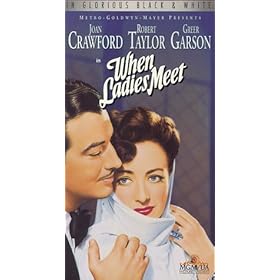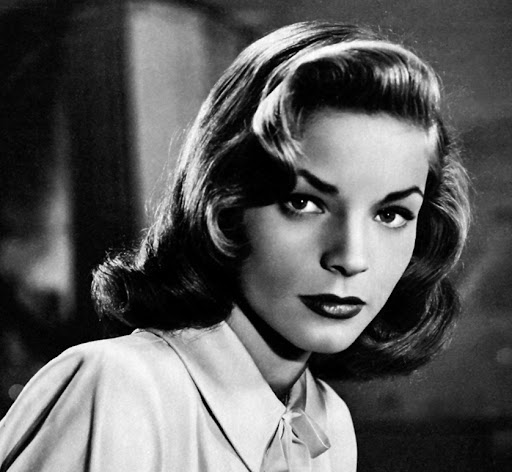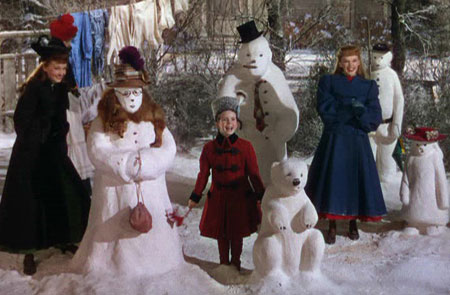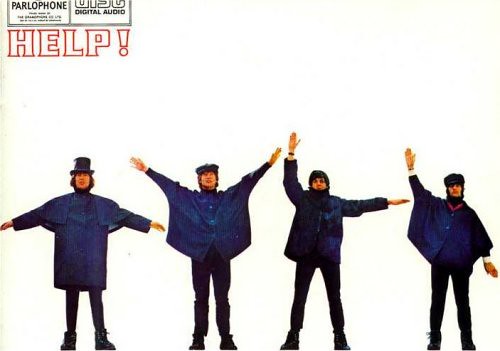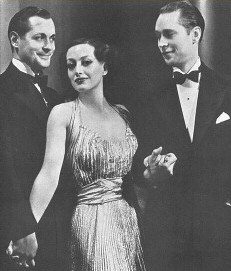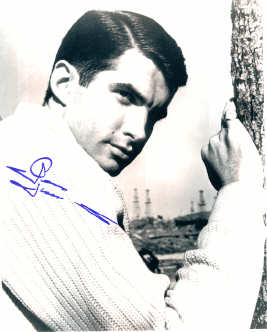
I used to think that I hated Scarlett O'Hara. And if I watch the movie the whole way through, I always do. It is really hard not to hate someone who is selfish and who keeps making the sames mistakes over and over again. From an adorable spoiled brat, we watch her grow into a woman without losing her selfish, vain, stubborn and manipulative traits. In some ways, it's like watching a 19th-century Paris Hilton for four long hours.
But the truth is that I don't hate Scarlett. You can't completely hate her. I love the bit where they escape the fires of Atlanta - you know...

...the part where she is left by her protector and beau, Rhett, to bring her sick cousin and her cousin's newborn baby back home...only to arrive home and discover that her mother has died, her father has gone crazy, there is no food and no money and the Yankees have incinerated their barn? I love that part. Especially where she gags on the dirty radish, that's great stuff - that's the Simple Life to the power of one hundred.
So this time we started the movie there (no matter how you slice it, the damn movie is too long! I see nothing wrong with skipping the beginning once in a while.) - I can really almost like Scarlett from there until she marries Frank Kennedy. Then you see by the look on Mammy's face that even she is horrified at the depths of Scarlett's selfishness.

When she said "if I have to steal, cheat, lie, etc I'll never go hungry again" you didn't think she meant she'd be lying in order to steal her sister's fiance...that's low!
But it's after she gets Frank killed and marries Rhett and the baby is born (and named >gag< Bonnie Blue Butler *shudder*) - that's when I switch it off. Because that's when it's clear that even motherhood won't bring out one unselfish feeling in her. While Rhett dotes on his daughter, Scarlett stops brushing her hair long enough to scold him: "Great balls of fire!
I had the baby, didn't I?"
Maybe if she'd ended up with Ashley in an alternate universe that would have brought out unselfishness in her? As I was typing this, Rhett himself answered me.
Rhett: I feel sorry for you.
Scarlett: Sorry for me?
Rhett: Yes, sorry for you, because you're throwing away happiness with both hands and reaching out for something with both hands that'll never make you happy.
If you were free and Miss Mellie were dead and you had your precious honorable Ashley you think you'd be happy with him? You'd never know him, never even understand his mind, any more than you understand anything, except money.
Oh, angry Rhett Butler, you are so fine! Rhett's really like a romance novel hero come to life and walking around - he totally takes Scarlett into his arms and does the "you've never really been kissed before now" kiss. You know, this one:

And that is why, I suppose, this movie beats out every other movie, to be the people's choice for best movie ever. When you consider all the movies of all time that it has to beat out, that's pretty impressive. The best movie of all time is a mushy maudlin one...well maybe that's why Titanic is so popular. Schmaltz, Schmaltz, Schmaltz. We admit to loving it!
I do prefer Casablanca, though, because the characters are noble and the sad ending is made good by the fact that the characters find redemption in their love for each other. Rick gets to know that Ilsa loves him enough to leave Victor, to whom she is unfailingly loyal, Ilsa gets to make a sacrifice again that now feels great enough to make her feel almost worthy of her noble husband, and we get to see Rick and Ilsa have their hungry, stolen kisses on the way. Oh, and the Nazis get it in the end.
I guess that's another reason that it's easier for me to love Casablanca than GWTW...I'm a Yankee and those sentimental moments of slavery always tick me off. I know the Yankees were not princes, so the vilification of Yankees doesn't bug me too much - but the portrayal of the beautiful old South as nothing but bucolic happiness is a little hard to swallow. Sure, sure, Ashley would have freed the slaves as soon as his old man died...but what about the rest of them? What about slaves that weren't as happy as Mammy and Prissy (Prissy!) and Pork (Pork!). It's just hard to watch.
Almost equally unsavory is Scarlett's disdain for "white trash" and the noble prostitute, Belle, who saves Ashley's life later on, in spite of Scarlett. It is just easy to hate her, and I almost believed I did...but despite it all I do like her. She's just so spunky - I mean: she shoots a marauding Yankee in the face point blank, she forces her younger sisters into hard labor, she says things like "I can shoot straight, as long as I don't have to shoot very far"! In 1868, that would have been downright radical.
Yes, she is a paradox, Scarlett O'Hara - a heroine we love to hate. Carry on, Paris Hilton of the old south, carry on.

After all, tomorrow is another day.
Three stars for the whole movie. Four stars for the first three hours and two minutes of it. I think I would end the movie with Mammy showing off her red petticoat and Mellie telling Rhett he can go in and see the baby...the END.




